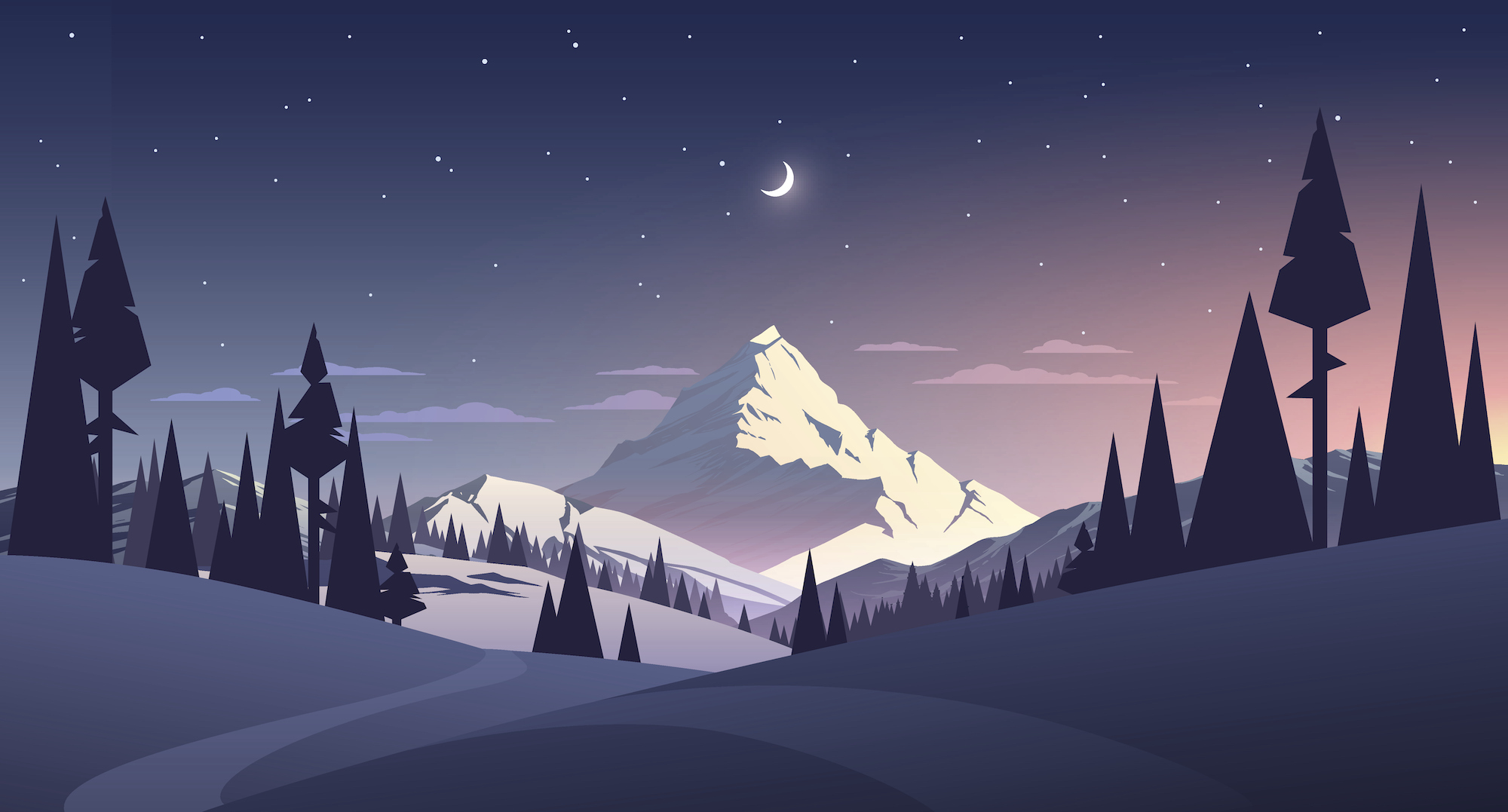UBC Science Best of 2022
December 15, 2022

December 15, 2022

As 2022 comes to a close, we look back at some of the significant research and teaching advances to come out of UBC Science over the past year. Our scientists pushed the envelope in new materials, chemistry, the life and computational sciences, space exploration, and more. We wish you a happy, rejuvenating holiday season, and we’re looking forward to what science will bring in 2023!
UBC biochemists developed an enzyme-powered process that converts any blood type to universal O. The new method is 30 times more effective than previous conversion solutions, and could pave the way to universal blood and organ types.
A new state of matter demonstrated by UBC physicists and Quantinuum could make quantum computers less error-prone. The state of matter arises outside of equilibrium, offering a way to prevent the quantum equivalent of bits from entangling.
UBC data science students trained computers to scan Reddit for news on landslides—the most widespread geological event on Earth. The project is bolstering NASA’s open online repository and landslide prediction database.
The $1 million prize will help a UBC earth sciences spin off transform mine tailings — huge piles of pulverized rock — into giant carbon sinks. The award will help ensure the removal of thousands of tonnes of carbon dioxide from the atmosphere.
Space rocket junk could have deadly consequences unless governments act, according to research from UBC astronomers and political scientists. The re-entry of abandoned rocket stages have a six to 10 per cent chance of injuring or killing a human in the next decade.
New climate action labs and the university’s first undergraduate data visualization course were launched at UBC this year. The curriculum updates give science students the opportunity to tackle real-world problems, get hands-on experience.
Imagine a summer camp where you can watch grizzly bears catch salmon in streams, while learning about the migration and preparation of the fish in the water at your feet. With new support, UBC researchers are expanding salmon science camps.
We honour xwməθkwəy̓ əm (Musqueam) on whose ancestral, unceded territory UBC Vancouver is situated. UBC Science is committed to building meaningful relationships with Indigenous peoples so we can advance Reconciliation and ensure traditional ways of knowing enrich our teaching and research.
Learn more: Musqueam First Nation